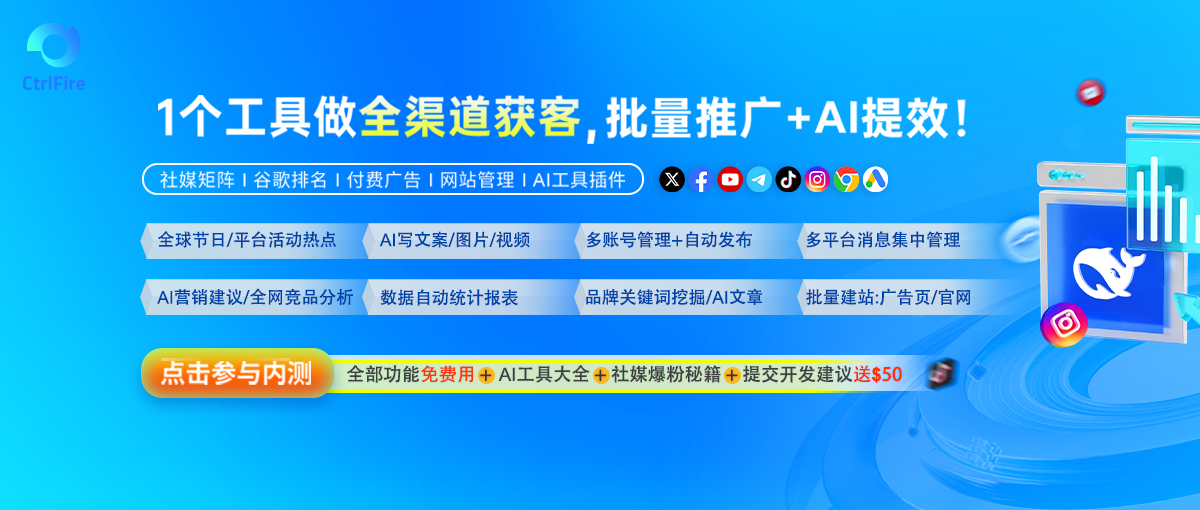电商账号安全的重要性
随着电商行业的快速发展,越来越多的人选择在网上开店或进行跨境交易。但与此同时,账号安全问题也变得越来越突出。无论是亚马逊、eBay还是其他电商平台,账号被关联或者封禁都会给卖家带来巨大的损失。这时候,一款可靠的防关联浏览器就成了保护账号安全的利器。
我自己平时喜欢在网上购物,偶尔也会尝试做一些小本生意。记得有一次朋友跟我聊起他的店铺因为IP关联被封号的经历,那真是让人头疼又无奈。从那以后,我也开始关注如何更好地保护自己的电商账号。后来发现,使用专业的防关联浏览器确实能解决很多潜在的风险。
什么是防关联浏览器?
简单来说,防关联浏览器是一种专门为电商卖家设计的工具,它可以帮助用户创建独立的浏览环境,从而避免多个账号之间的数据关联。比如,当你同时运营几个店铺时,如果不小心用同一个IP地址登录不同的账号,平台可能会判定这些账号存在违规操作,进而导致封禁。
而通过防关联浏览器,你可以为每个账号分配独特的指纹信息,包括IP地址、浏览器版本、操作系统等参数。这样一来,即使你在一个设备上管理多个店铺,也能确保它们彼此隔离,互不干扰。
为什么需要防关联浏览器?
其实,这背后的原因并不复杂。电商平台为了维护公平竞争的环境,通常会对卖家的行为进行严格监控。如果系统检测到某些账号之间有相似的操作模式,比如相同的IP地址或者设备信息,就可能认为这是“关联账户”,并采取相应的惩罚措施。
我曾经看过一个案例,一位新手卖家因为不了解规则,在家用自己的电脑和网络注册了两个账号,结果没多久就被平台发现了。虽然他并没有恶意刷单或者其他违规行为,但依然受到了严厉处罚。所以说,提前做好防护工作真的非常重要。
如何选择适合自己的防关联浏览器?
市面上有很多防关联浏览器可供选择,但并不是每一款都适合自己。以下是一些挑选时可以参考的标准:
- 稳定性:作为日常工作的核心工具,浏览器必须足够稳定,不能频繁崩溃。
- 易用性:界面是否友好?功能设置是否直观?这些都是影响体验的关键因素。
- 技术支持:遇到问题时能否快速获得帮助?这一点尤其重要。
- 价格:根据预算选择性价比高的产品,毕竟长期使用的话成本也是需要考虑的。
我个人比较推荐的是那些口碑较好的品牌,比如Multilogin、AdsPower等。当然,具体选哪一款还是要看你的实际需求。
我的使用心得分享
自从开始使用防关联浏览器后,我明显感觉到工作效率提高了不少。以前总担心不小心触碰到平台红线,现在则可以更加专注于业务本身。而且,这类浏览器还支持团队协作功能,对于想要扩大规模的卖家来说非常实用。
不过呢,再好的工具也需要正确使用才行。比如,一定要定期更换IP地址,不要长时间固定在一个地方操作;另外,尽量避免在公共Wi-Fi环境下登录敏感账号。只有把这些细节都做到位,才能真正发挥出防关联浏览器的作用。
总结
,防关联浏览器确实是电商卖家不可或缺的好帮手。它不仅能够有效降低账号风险,还能提升整体运营效率。如果你正在从事跨境电商行业,或者计划未来进入这个领域,那么投资一款优质的防关联浏览器绝对是个明智的选择。
希望这篇文章对你有所帮助!如果有任何疑问,欢迎随时交流😊。
